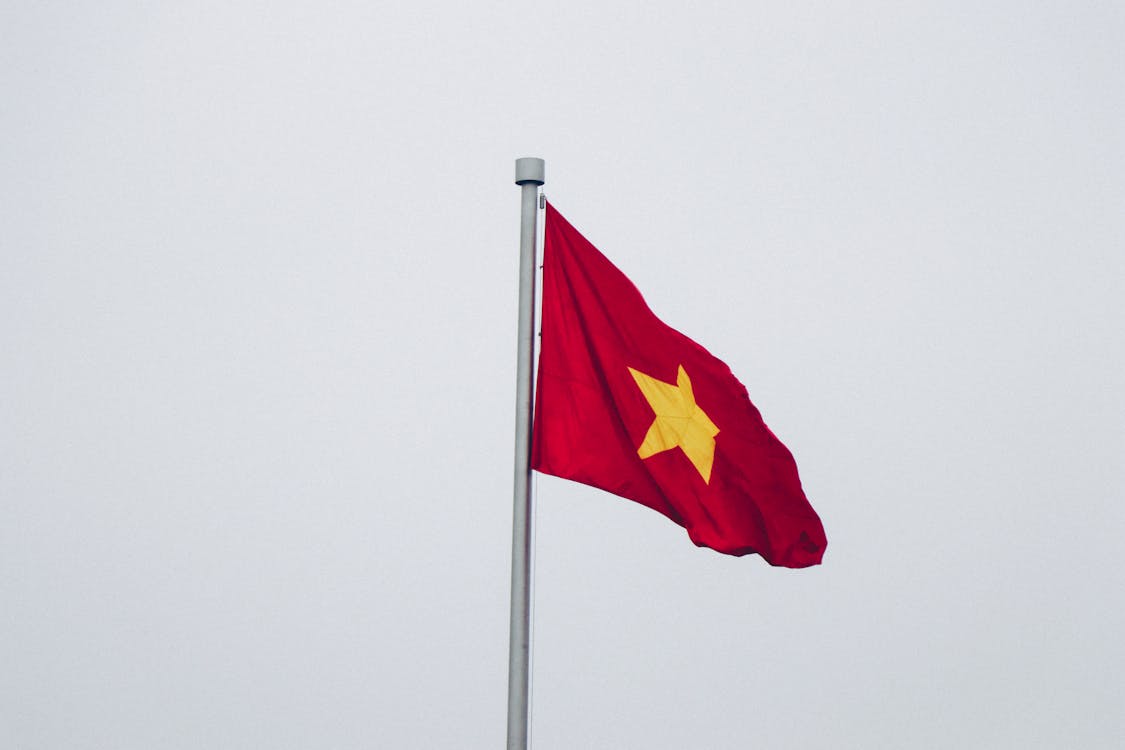EU-Vietnam Free Trade Agreement
The European Union Vietnam Free Trade Agreement (EVFTA) took effect on August 1 paving the way for increased trade between the EU and Vietnam.
The EVFTA is an ambitious pact providing almost 99 percent of the elimination of custom duties between the EU and Vietnam. As per the Ministry of Planning and Investment (MPI), the FTA is expected to help increase Vietnam’s GDP by 4.6 percent and its exports to the EU by 42.7 percent by 2025. While the European Commission has forecast the EU’s GDP to increase by US$29.5 billion by 2035.
65% of the duties on EU exports to Vietnam has been eliminated upon entry into force of the Agreement, the remainder will be phased out over a period of ten years. EU duties on imports from Vietnam will be phased out over a period of seven years.
- Practically all the machines and appliances are free of tariffs from the moment the Agreement enters into force, and the rest will be after five years. The current fees are up to 35%.
- Auto parts will be duty free after seven years (current duty is up to 32%).
- Approximately half of EU pharmaceutical exports are duty free as entry into force of the Agreement, and the remainder will be duty free after seven years (current duties are up to 8%).
- Duties applied to all exports of textile products has been eliminated as entry into force of the Agreement.
- About 70% of EU chemical exports are duty free at the time the Agreement entered into force and the rest will be after three, five or seven years, as appropriate (current fees are up to 25%).
- Wines and spirits will be fully duty free after seven years (currently the duties are 50% and 48%, respectively)
- Frozen pork will be duty free after seven years, bovine meat will be duty free after three years, dairy products will be duty free after a maximum of five years and food preparations will be duty free after one year. maximum of seven years.
REDUCE NON-TARIFF BARRIERS TO EUROPEAN EXPORTS
The EU and Vietnam have agreed to strengthen the disciplines of the WTO Agreement on Technical Barriers to Trade (TBT).
The agreement also contains a chapter that addresses Sanitary and Phytosanitary Measures (SPS), specifically aimed at facilitating trade in plant and animal products, where the parties agreed on some important principles such as regionalization and the recognition of the EU as a single entity.
These provisions will facilitate access to the Vietnamese market for EU companies that produce a wide variety of products, including household appliances, information technology, and food and drink.
PROTECTION THROUGH TARIFF QUOTAS
Only some sensitive agricultural products will not be fully liberalized, the EU has limited Vietnamese exports through tariff quotas (TRQs): Rice, Sweet corn, Garlic, Mushrooms, Sugar and products with high sugar content, Cassava starch, Surimi, Tuna canned.
A distinct aspect of EVFTA is its strong focus on sustainable trade and a shared vision of labor, corporate social responsibility, and environmental conservation. These values have far-reaching potential to improve the competitiveness of European businesses and their brands.
